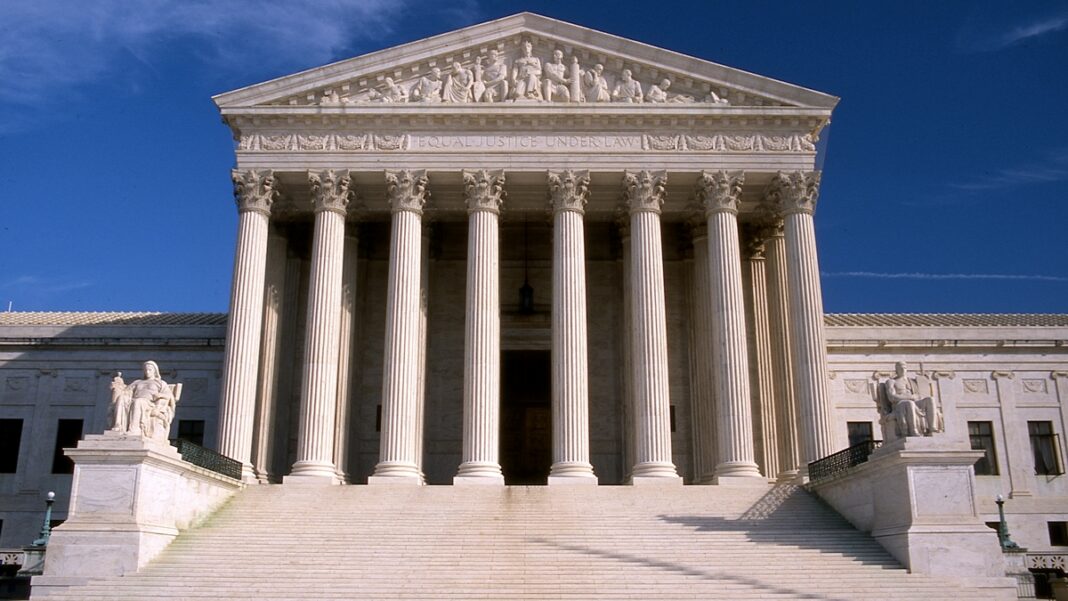The Supreme Court reversed a federal appeals court decision on Oct. 3 that upheld one of Massachusetts’ tough gun laws, months after the high court expanded Second Amendment rights.
The Massachusetts law in question, the constitutionality of which is now in doubt, imposed a lifetime ban on purchasing handguns—but not possessing them—on anyone convicted of a nonviolent misdemeanor that involved the possession or use of guns.
The high court remanded the case, Morin v. Lyver (court file 21-1160), to the U.S Court of Appeals for the 1st Circuit “for further consideration in light of” the Supreme Court’s landmark June 23 decision in New York State Rifle and Pistol Association v. Bruen.
Massachusetts was previously added to Morin v. Lyver as an intervenor to defend the constitutionality of the state law.
The order was unsigned and no justices indicated they were dissenting from it. The justices didn’t explain why they granted the order.
In Bruen, a 6–3 ruling, the high court recognized a constitutional right to bear firearms in public for self-defense and struck down New York’s law that required an applicant to demonstrate “proper cause” to obtain a license to carry a concealed handgun in public.
The court also found that gun restrictions must be deeply rooted in American history if they are to survive constitutional scrutiny.
Massachusetts requires individuals to obtain licenses in order to possess or purchase handguns, and it disqualifies people with certain criminal convictions from obtaining licenses.
State law also provides that an individual convicted of a nonviolent misdemeanor that concerned the possession or use of a gun can obtain a license that allows him to possess a handgun at home, but only after five years have passed.
The same person can never obtain authorization to purchase a handgun—meaning that the only way he can obtain one is if someone leaves it to him at death, according to court documents.









